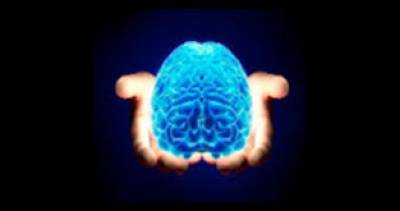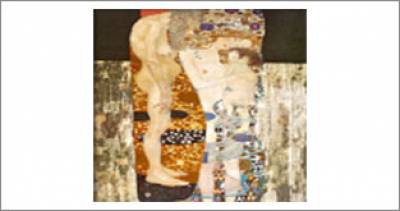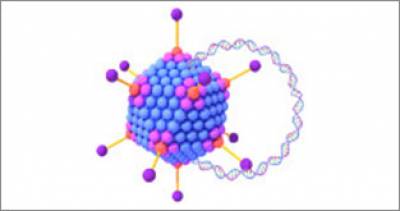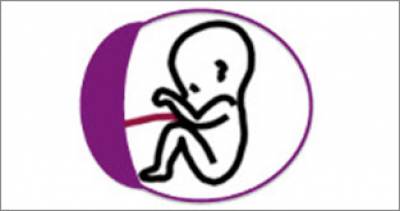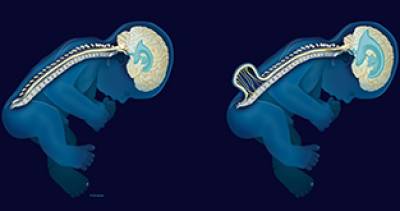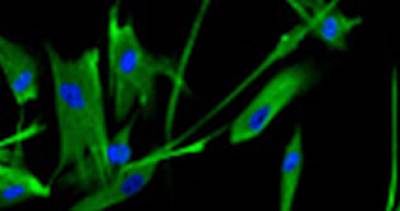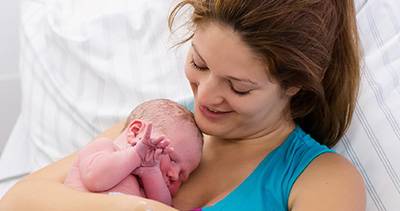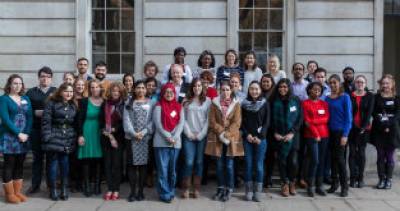Maternal & Fetal Medicine
Maternal and Fetal Medicine research has a long established track record at UCL and includes the work of Professor Charles Rodeck, one of the pioneers of fetal medicine.
The Department, headed by Professor Anna David, represents a significant collaboration of scientists and clinicians with a unifying aim to improve outcomes for pregnant women and their babies through improved diagnosis and treatment. Research ranges from investigation of mechanisms of conditions such as preterm birth, fetal growth restriction and perinatally acquired brain injury to the development of novel therapies using vector based gene delivery and stem cell based strategies to address prenatal acquired and congenital abnormalities.
Maternity services at UCLH
Research groups
Perinatal Brain
Understanding the molecular signals triggered in the developing brain by damaging factors such as oxygen deprivation or infection is an important step in designing therapies to optimise neurological outcomes following preterm birth and labour complications.
Maternal Medicine
A better understanding of the causes of pregnancy - related syndromes will lead to novel therapies that not only optimise pregnancy outcomes for mother and child, but also provides new opportunities for the primary prevention of future disease in mother, father and offspring in later life.
Gene Transfer Technology
Latest developments in gene transfer technology are being used to develop perinatal gene therapy for early onset lethal genetic diseases as well as providing novel methods to understand fundamental cell signalling pathways and disease mechanism.
Prenatal Cell and Gene Therapy
Current treatment options for fetuses identified as having congenital structural or genetic abnormalities are limited. Combining recent advances in stem cell and gene transfer technology with advanced bioengineering will enable fetal therapy earlier in pregnancy.
Centre for Prenatal Therapy
We aim to transform prenatal care by providing novel therapeutic options for parents whose unborn baby has a structural abnormality.
Preterm Labour
Understanding the complex interactions between maternal immune responses and resident bacterial populations (microbiome) provides new ways to predict the risk of preterm labour in early pregnancy as well as new therapeutic targets for prevention.
Cellular Reprogramming and Perinatal Therapy
Fetal cells can be reprogrammed to become pluripotent, making them a valuable source of cells for perinatal therapy. Ongoing projects include the use of such cells to repair the developing brain following acute oxygen deprivation as well treating fetuses with brittle bone disease (osteogenesis imperfecta).
Midwifery and Nursing Research
Our multidisciplinary research approach is focused on a number of particular areas. We are committed to improving the lives and experiences of women and their families.
Current Research Students
Explore the list of research students within our Research Department of Maternal & Fetal Medicine and visit their profiles.
 Close
Close



